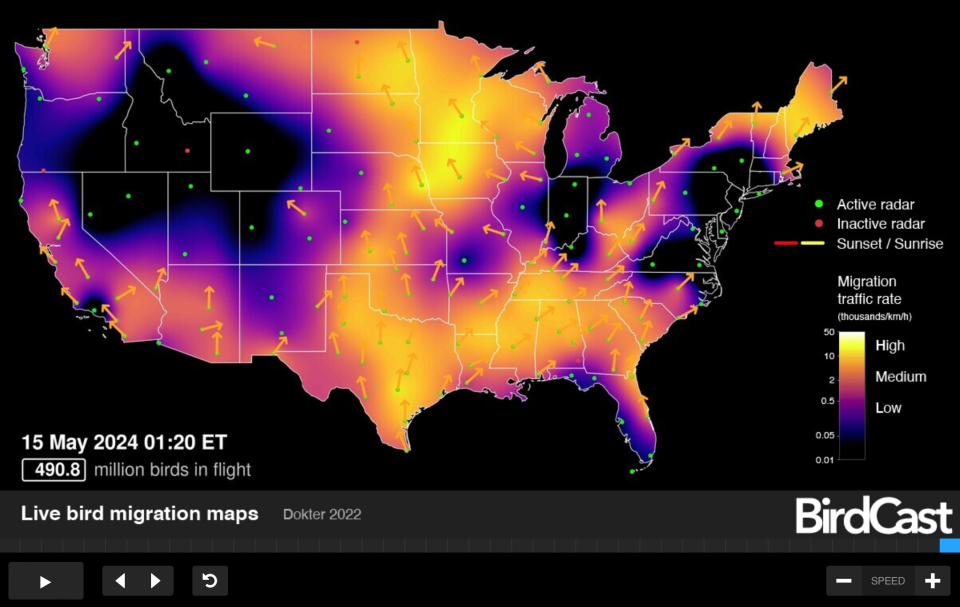Jan. 12—Delmont officials were already behind the eight ball a bit when it came to stormwater.
The borough is a party to two state consent orders, one that specifically addresses stormwater making its way into the borough’s sewage system.
In addition, its status as a borough meant there were some extra hoops to jump through in order to put a framework in place for residents to pay for contributions to stormwater runoff.
“The state has never allowed a borough to assess a stormwater fee on every parcel,” said Delmont Councilman Stan Cheyne, who first broached the idea of a stormwater authority last year. “Townships and municipalities are allowed, but boroughs don’t have that power.”
Developing a stormwater authority, Cheyne said, will allow the borough to establish a way of collecting revenue based on residents’ and businesses’ contributions to runoff.
Bob Firek knows the story all too well — he’s the borough manager in Baldwin, where officials formed a stormwater authority in 2021.
Like Delmont, Baldwin is an MS4 community — “MS4” stands for “municipal separate storm sewer system” — and is required by state and federal law to hit certain marks with regard to pollution reduction. That is achieved primarily through the capture of stormwater runoff.
“With the pollution reduction plans we were required to implement, we were into the millions of dollars,” Firek said. “And the only way to implement a fee was to start this stormwater authority.”
In Baldwin, most residential properties pay a flat monthly fee of $8, calculated through a study which determined that single-family homes represented about 2,200 square feet of impervious surface, or one equivalent resident unit (ERU).
Multi-resident and commercial properties are billed at a higher rate based on lot size and the number of ERUs. Money generated by the authority can only be used for stormwater projects.
Delmont officials recently contracted with local engineering firm Morris Knowles & Associates to conduct its fee study, Cheyne said.
“The first part is to look at our current costs associated with stormwater-related engineering and projects we’re working on,” he said. “So they’re taking that inventory as well as looking at what improvements we’ll need in the next few years for our state requirements. And that annual amount will feed into the fee that’s assessed for each parcel.”
State court case
Attorneys for both boroughs are also keeping an eye on a stormwater case that has been appealed to the Pennsylvania Supreme Court.
West Chester University in eastern Pennsylvania challenged the stormwater fees it was being assessed, on the grounds that the charges amounted to a tax — the school is tax-exempt. Commonwealth Court Judge Christine Fizzano Cannon sided with the school, and that ruling is on appeal.
Some town officials have expressed concern that millions of dollars are at stake if the ruling is upheld.
Neither Firek nor Cheyne are too worried about it.
“We don’t have many tax-exempt properties,” Firek said. “We even charge ourselves the fee. It may affect our ERU limit — right now a typical residential unit pays $8 and that may have to go up, but it’s still yet to be determined.”
Cheyne said Delmont’s solicitor has researched how other boroughs have gone about implementing their stormwater fees “and we feel like we’re in a good position to move forward.”
Patrick Varine is a TribLive reporter covering Delmont, Export and Murrysville. He is a Western Pennsylvania native and joined the Trib in 2010 after working as a reporter and editor with the former Dover Post Co. in Delaware. He can be reached at pvarine@triblive.com.
Signup bonus from





